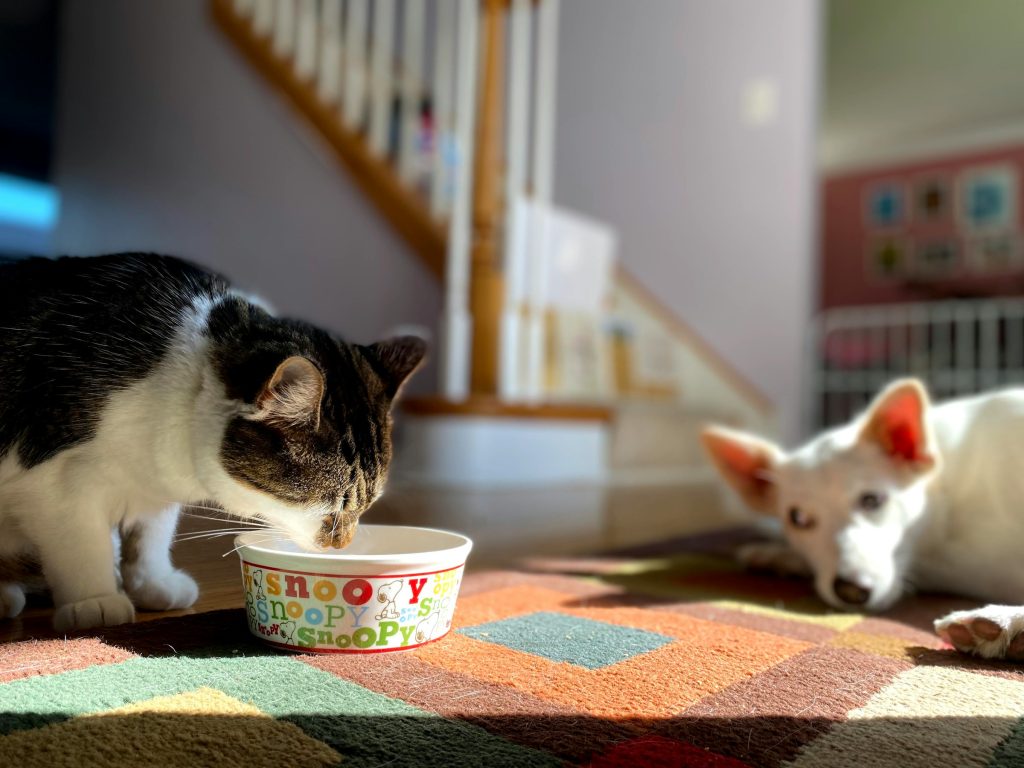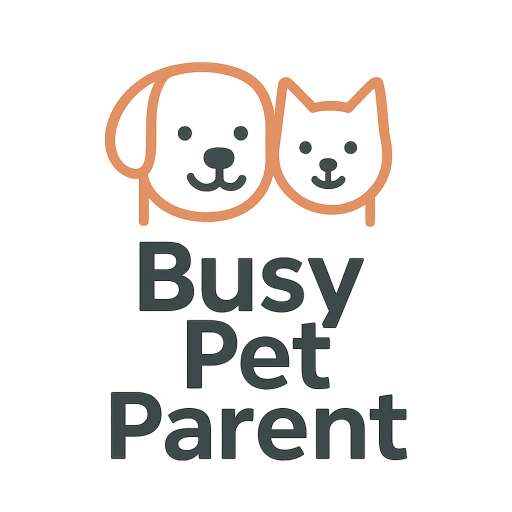
7 Budget Pet Food Tips to Keep Your Dog or Cat Healthy Without Overspending
Pet food doesn’t have to eat up your entire monthly budget. With a little planning and smart choices, you can keep your dog or cat well-fed and healthy — without breaking the bank. These 7 budget pet food tips will help you shop smarter, reduce waste, and still meet your pet’s nutritional needs.
1. Buy in Bulk — But Store It Right
Bulk bags of dry kibble or multi-case wet food often cost significantly less per serving. But make sure you’re storing it properly: use airtight containers in a cool, dry place to prevent spoilage, pests, or loss of flavor.
2. Don’t Overfeed — It Wastes Food and Money
Check your pet’s feeding guidelines and measure each meal. Overfeeding leads to excess weight and faster food depletion. Proper portioning not only saves money — it supports your pet’s long-term health and helps avoid costly vet bills.
3. Look for Generic or Store Brands with AAFCO Labeling
Many store brands offer quality nutrition at lower prices. Look for foods that meet AAFCO (Association of American Feed Control Officials) standards. This ensures your pet’s food is nutritionally complete, even if it doesn’t have a big brand name.
4. Compare Prices Online and Use Auto-Ship Discounts
Online retailers often offer better prices than pet stores — especially if you subscribe to regular deliveries. Many offer 5–10% off for auto-ship orders, plus free shipping. Just make sure your pet actually likes the food before committing to bulk delivery.
5. Supplement Meals with Safe Homemade Additions
A spoonful of cooked rice, sweet potato, or plain chicken can stretch a bag of kibble further. Always double-check what’s safe for dogs or cats first, and avoid anything seasoned. Homemade add-ins provide variety and can reduce costs — without compromising health.
6. Avoid Trendy “Boutique” Foods Without Proven Benefit
Unless your vet recommends it, avoid overpriced diets based on buzzwords like “grain-free,” “ancestral,” or “limited ingredient.” Some boutique foods lack scientific backing and can cost double with no added value. Stick with balanced, vet-approved options that work for your pet’s age and size.
7. Know the True Cost of Pet Ownership
Food is one of the largest annual expenses for pet parents. According to the Anti-Cruelty Society, food and treats cost an average of $250–$500 per year per pet. Planning and budgeting ahead can help avoid last-minute spending.
With these budget pet food tips, you can give your dog or cat the nutrition they need — without the financial strain. Smart shopping, portion control, and knowing when to skip the trends all go a long way toward healthy, affordable pet care.
Helpful resources:
🔗 Estimated Annual Pet Costs – Anti-Cruelty Society
🔗 Budget Pet Care Tips – Brownsburg Animal Clinic
Frequently Asked Questions
Is it safe to feed pets store-brand food?
Yes — as long as the label states it meets AAFCO nutritional standards. Many store brands are manufactured by the same companies that produce name brands.
Can I cook all my pet’s food at home to save money?
It’s possible, but homemade meals require careful planning and vet consultation to ensure complete nutrition. Small add-ins are fine, but full homemade diets should be approved by a vet or pet nutritionist.
What’s better: wet food or dry food on a budget?
Dry food is generally more cost-effective, easier to store, and lasts longer. Wet food can be used as a topper or occasional treat if you’re watching costs.
Are pet food subscriptions really cheaper?
Often yes. Many online stores offer auto-ship discounts and free shipping, which can add up to 10–15% savings over time — plus convenience.
How do I know if a cheap food is still healthy?
Look for the AAFCO statement on the label, and choose food appropriate for your pet’s life stage. Ask your vet if you’re unsure about specific brands or ingredients.

Join the Busy Pet Parent Newsletter!
Get easy routines, time-saving tips, and the latest gear reviews—delivered straight to your inbox.
Perfect for busy pet owners, apartment dwellers, and anyone who wants a happy, healthy companion (without the stress).
Exclusive guides & checklists
Product recommendations & deals
No spam—unsubscribe anytime!




